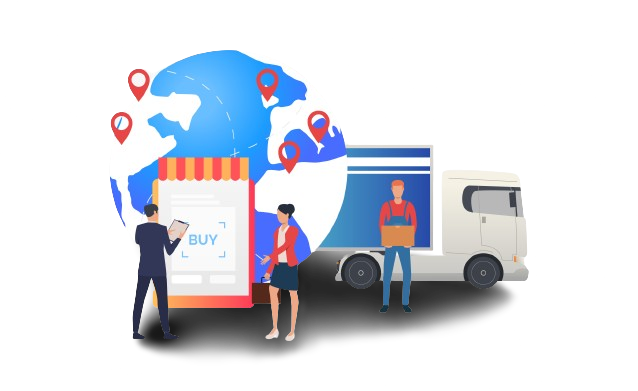
 About
Us
About
Us

PELECEER GROUP is a limited liability company based with headquarters in Nairobi Kenya.
We have group members with strategic departments with emphasis on customs declaration, transport including ocean freight, air freight, road and rail.


Worldwide Clients
Worldwide Branche
 Advance
Features
Advance
Features
At Peleceer Group, we prioritize cost-effectiveness without compromising quality. Our competitive rates and streamlined processes allow us to offer high-quality logistics solutions at affordable prices. With a transparent pricing structure, you can budget effectively and trust that there are no hidden fees in our services.
At Peleceer Group, we prioritize prompt and efficient delivery of your goods. Our optimized logistics processes and strategic partnerships enable us to minimize transit times while maintaining high standards of service. You can rely on us for timely delivery, ensuring your shipments reach their destination when you need them.
Peleceer Group provides real-time tracking of your shipments, allowing you to monitor their progress from dispatch to delivery. Our advanced tracking system ensures transparency and peace of mind, empowering you to manage your logistics efficiently. Stay informed with updates at every stage of the journey.
At Peleceer Group, we pride ourselves on providing exceptional customer support. Our dedicated team is available 24/7 to assist you with any inquiries or concerns, ensuring a seamless logistics experience. We are committed to understanding your needs and delivering solutions that meet your expectations.
To minimize logistics problems, companies can implement several key strategies:
Best Ways to Manage Logistics
Types of Logistics
 Experience
Team
Experience
Team